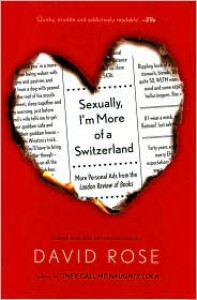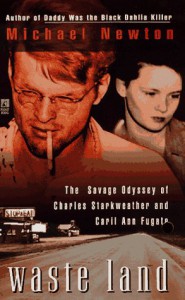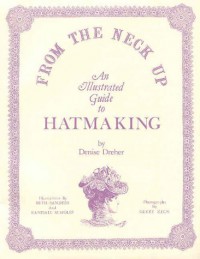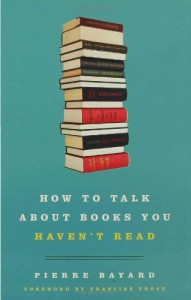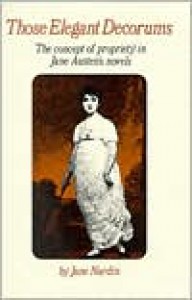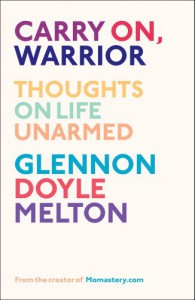
One of the things that I appreciate most about this book is that it makes me think a lot. About what a book is versus a blog, about whether or not I agree with Glennon, and about whether or not I like her.
Overall, I like her, I like what she has to say, and if we consider this a collection of short pieces of writing, it works as a book. It works especially well if the book reader is not a regular reader of Glennon's blog, Momastery. And of course, as a collection of short pieces of writing, this is best consumed in small chunks over the course of time.
Glennon writes well. She writes about being a mom, a wife, a sister, and most of all, a person who struggles. She shares what is at once a very positive and also very realistic, acknowledging-the-hardness viewpoint. I can definitely appreciate her outlook, even though I'm no longer the mother of a small child, and am neither a wife nor a Christian. A good deal of what she writes is applicable to most of us, whether we struggle with the same issues she does or not. It seems rather wonderful that she can write about her very personal, specific issues, and yet make them so accessible.
So this is a pretty glowing review so far. There are certainly areas in which the book will disappoint some readers. She's Christian, and might alienate some people. But she tends to write more about struggling with faith than about things specific to Christianity, so to me it's sort of a 50-50 chance that you'll hate it. Take it for what it is, or leave it.
She's also primarily a blogger. Again, it's best to take these pieces in small chunks. My final thought on possible drawbacks is that Glennon can be a bit high maintenance, but without the personal insight and humor that someone like Jenny Lawson - The Bloggess brings to her writing about herself. She has lots of good points, but some readers might be a bit turned off.
I'm going to recommend reading this one with an open mind, and taking from it what works for you.
 Like Lightreads, I'm having trouble reviewing this because my reaction to it so visceral that I almost can't talk about it. I keep looking at the book lying on my nightstand and want to pick it up again so that I can crawl back in and rewind it. I miss being part of the story. It hurts almost as much as reading it hurt.
Like Lightreads, I'm having trouble reviewing this because my reaction to it so visceral that I almost can't talk about it. I keep looking at the book lying on my nightstand and want to pick it up again so that I can crawl back in and rewind it. I miss being part of the story. It hurts almost as much as reading it hurt. 1
1



